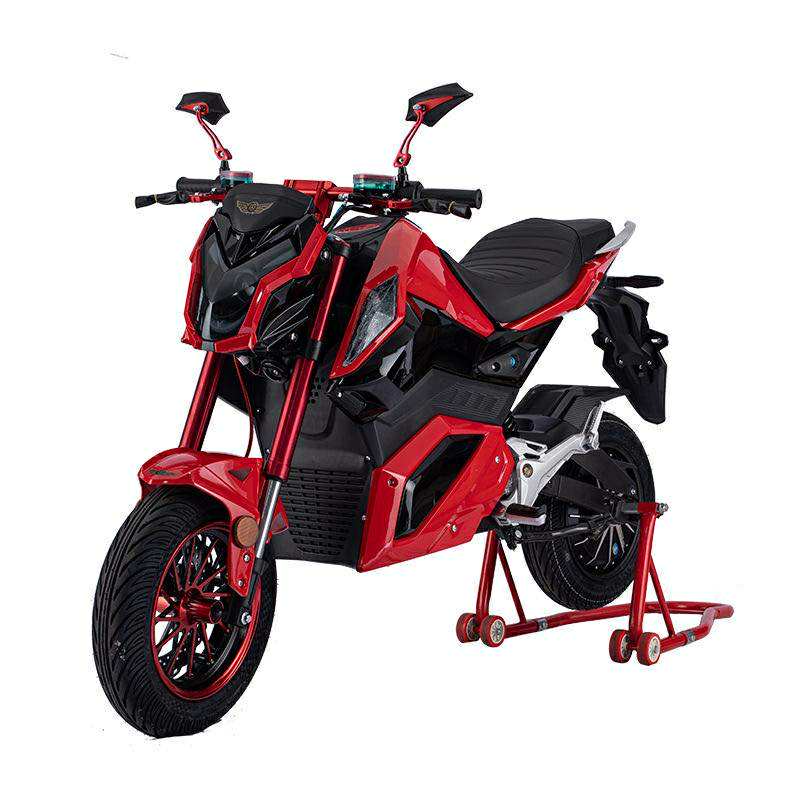Motorcycles represent a very large world which includes all the weekend rides and business logistics. In the case of dealerships, rental companies, or even large corporate fleets, it is inefficient and cost-ineffective to make individual purchases. Here the strength of wholesale motorcycles can be applied, and it provides the means of inventory and profitability.
Defining the Wholesale Motorcycle Market
In the motorcycle industry wholesale is defined as the business to business (B2B) sale of motorcycles in bulk, at a drastically lower unit price. Wholesale transactions form the foundation of the supply chain as opposed to retail sales which are designed to sell directly to individual consumers as inventory is distributed by manufacturers and large distributors to the businesses that ultimately sell to the population.
Primary Sourcing Avenues: Where to Find Wholesale Motorcycles
The first important thing is to find a credible source. The avenues most often used are:
- Manufacturer Direct: The direct relationship with manufacturer brands such as Honda, Yamaha, Harley-Davidson, or BMW is common with established dealerships. This enables them to purchase present year models in large quantities as per their franchise agreement.
- Auction Houses: Wholesalers will find both physical and online auctions to be a treasure trove. Sites such as Manheim and local dealer auctions will include a combination of off-lease bikes, trade-ins, repossessed units, and used rental fleet vehicles.
- Distributors and Brokers: The independent distributors are the middlemen, who acquire the motorcycles through the different channels and sell the motorcycles to the dealers. They are able to offer a broader range of brands and models that are not in the core franchise of a dealership.
Crucial Considerations Before You Buy
As profitable, wholesale purchase involves due diligence to prevent expensive errors.
- Depth of Inspection is Not Negotiable: One should never purchase sight-unseen. Check the physical state of every motorcycle and confirm the instrumentation of the motorcycle by checking the odometer.
- Checking Ownership and History: The title status (clean, salvage, and rebuilt) should always be verified, and the vehicle history report should be checked to see whether there were any accidents, floods or other red flags.
- Taking Additional Costs into Consideration: The purchase price is only the tip of the iceberg. Keep in mind you should also factor transportation, reconditioning, detailing and the repair costs involved to get the bikes retail-ready.
Navigating the Purchasing Process
The process of making the purchase actually consists of several steps. Purchase the bulk order by first finding some secure financing or capital. Then there is attending an auction or negotiating with distributors. After closing a deal, take care of logistics of delivering various units to your place as cheaply as possible. Lastly, clear the titles and paperwork of all the motor cycles so that they can smoothly enter into your inventory legally.
Conclusion
The wholesale motorbike market provides a business growth engine. Businesses can create a strong and profitable inventory by knowing the sourcing options, capitalizing on the high cost benefits, and carefully addressing the risks. To succeed in the motorcycle industry, learning the craft of the wholesale purchase, is not only possible but it is also a necessity.
